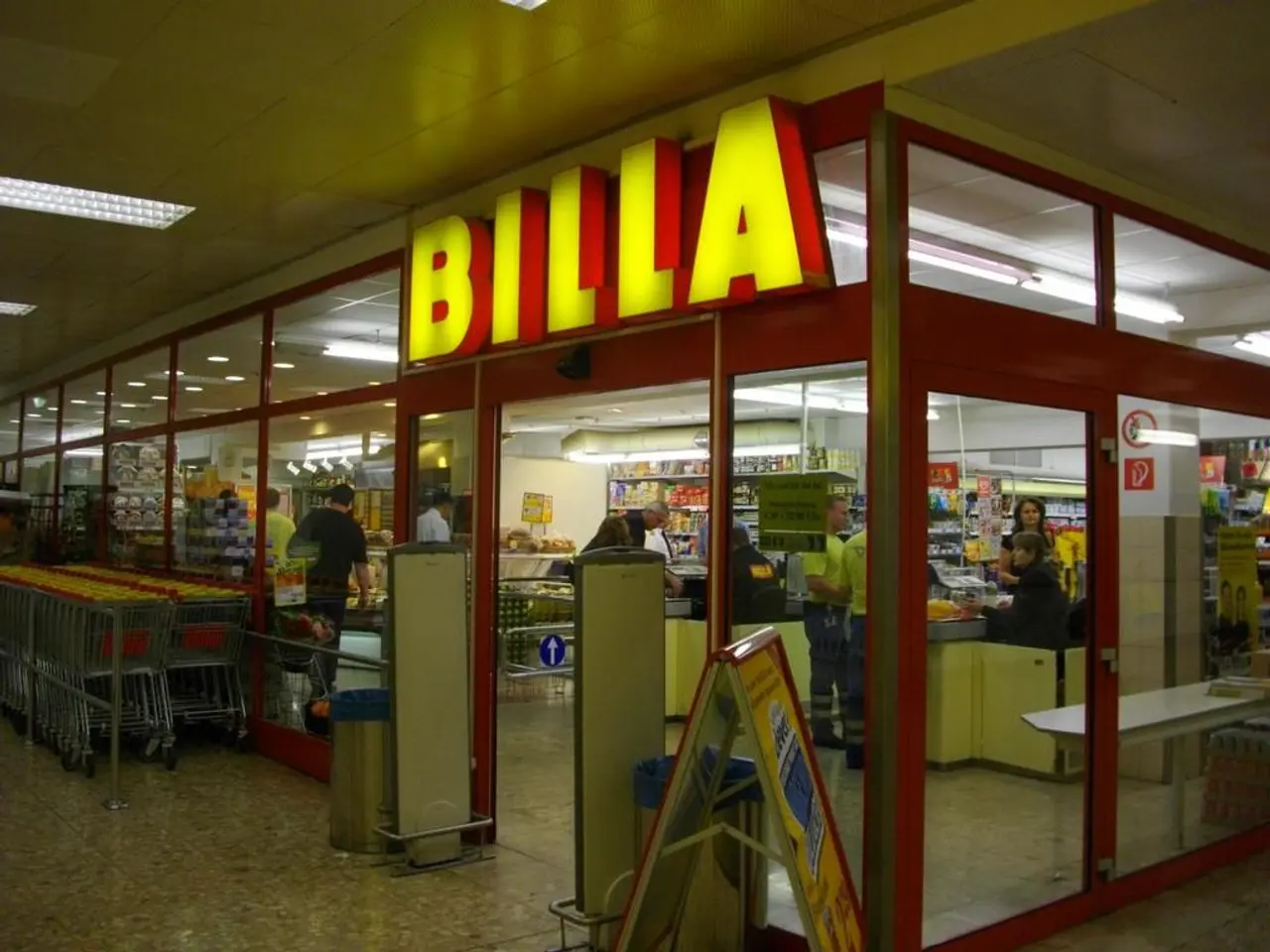Explanation of Local Production and Shorter Distribution Networks
=============================================================================
In today's fast-paced business environment, brands are constantly seeking ways to streamline their operations and adapt to changing consumer preferences. One trend that is gaining traction is the shift towards shorter supply chains, particularly local manufacturing.
Offshore production, once a popular choice due to lower costs, is becoming less attractive due to rising shipping costs, tariffs, geopolitical tensions, and unpredictable lead times. This has led brands to explore alternatives, and one such option is nearshoring, or moving production closer to the home market.
Maker's Row, a platform designed to connect brands and factories with trusted USA manufacturers, is simplifying the process of sourcing locally and building meaningful factory-to-brand relationships. With easy access to thousands of vetted American factories, Maker's Row provides brands with a tailored local supply chain, catering to specific needs across various categories and locations.
The benefits of shorter supply chains are numerous. They offer reduced lead times, enhanced quality control, improved supply chain resilience, lower carbon emissions, and support for local economies.
By bringing production closer to the end market, shorter supply chains allow for faster response to demand fluctuations, better oversight of product quality, and reduced transportation delays and costs. This results in improved customer satisfaction, as brands can deliver products more quickly and efficiently.
Local manufacturing also provides economic growth benefits by creating jobs and stimulating local economies through investing in domestic manufacturing infrastructure. Furthermore, it enhances environmental benefits by minimising transportation distances and related carbon footprints, aligning with sustainability goals and circular economy principles that emphasise resource efficiency and waste reduction.
In addition, shorter supply chains improve supply chain resilience by reducing dependence on distant or foreign suppliers. This limits exposure to disruptions such as pandemics or trade tariff volatility, as seen in trends like reshoring and nearshoring.
Local manufacturing also fosters integration with advanced data and traceability systems, allowing greater transparency, responsiveness, and sustainability monitoring in modern supply chains.
In conclusion, shorter supply chains enabled by local manufacturing significantly benefit manufacturing operations through cost reduction, speed, quality, environmental impact, and risk management while also supporting community economic development.
Maker's Row can help brands find the right American manufacturing partner to match their needs, whether they are launching a new product or scaling an existing one. Brands that build shorter supply chains and invest in local manufacturing are better equipped to meet consumer demands, avoid costly disruptions, and stand out in a crowded market.
References:
[1] "The Benefits of Nearshoring for Manufacturing." Industry Today, 2021. [Online]. Available: https://www.industrytoday.com/manufacturing/articles/the-benefits-of-nearshoring-for-manufacturing/
[2] "The Benefits of Local Manufacturing." Maker's Row, 2021. [Online]. Available: https://www.makersrow.com/blog/the-benefits-of-local-manufacturing
[3] "The Role of Local Manufacturing in a Sustainable Future." Sustainable Brands, 2021. [Online]. Available: https://www.sustainablebrands.com/news_and_views/supply_chain/jennifer-baker/role_local_manufacturing_sustainable_future_062419
[4] "Reshoring Initiative." Reshoring Initiative, 2021. [Online]. Available: https://reshorenow.org/
- In the context of manufacturing, shorter supply chains result in improved customer satisfaction due to quicker and more efficient delivery of products.
- Brands that invest in local manufacturing are better positioned to meet consumer demands and stand out in a competitive market, as they benefit from cost reduction, speed, quality, environmental impact, and risk management.








